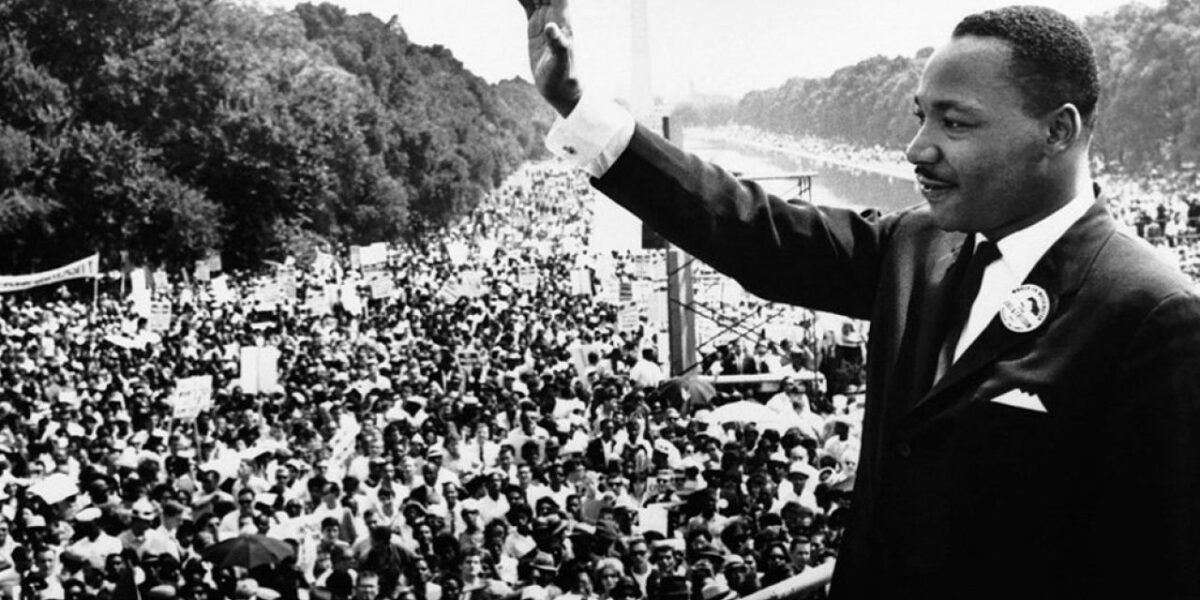Martin Luther King Jr., a civil rights leader, activist, and human rights champion, changed the world as we know it today. He was a remarkably influential figurehead from the mid-1950s to his death in 1968 and is remembered as one of the most significant movers for social justice in all of history.
The impact he had on the civil rights movement in America and beyond is undoubtedly immense, but Dr. King’s legacy lives on today through various channels – be it legal change, economic reform or cultural influence.
Legally speaking, MLK was pivotal in securing revolutionary changes to the law. He encouraged others to use peaceful protests such as boycotts or sit-ins so they could pressurize those in positions of power into doing something about racial segregation and discrimination that had been allowed to persist for far too long. This strategy showed results with politicians eventually passing legislation like the Civil Rights Act which outlawed these practices and provided greater protection under the law for minorities against racism or bigotry – not only within America but throughout many other countries across the globe that adopted similar laws regarding non-discrimination based on race, gender & ethnicity.
Economically speaking, many of Martin Luther King’s objectives were focused on providing everyone with access to job opportunities regardless of their race or background, along with fair wages that workers can live off of. Even after his untimely death due to an assassin’s bullet in 1968, these ideas lived on amongst activists who continued pushing for reform under MLK’s philosophy until Congress passed The Equal Pay Act of 1963 – an act that prohibited wage disparities based on gender within companies. Additionally, due to community organizing efforts by various groups around this time period such as The American Federation Of Labor – Congress Of Industrial Organizations (AFL-CIO), laws supporting collective bargaining rights began taking shape shortly thereafter – creating more avenues for workers from all backgrounds to have a say over working conditions & receive better compensation packages than ever before.
But perhaps one of the most meaningful ways Dr. King still lives on today is through popular culture – specifically films and television shows which often touch upon themes related to his fight towards changing our world for equal justice & opportunity regardless of race or social standing. From ‘Selma’ (a biographical drama) to ‘Black-ish’ (a political sitcom), these works help us remember how far we have come since those days occasionally showing us how much further we still need to go if true freedom is ever going to take root – from ending prison overcrowding & reducing police brutality against unarmed citizens all the way down to tackling increasingly stark economic divides between classes which should never be at odds with each other thanks largely in part thanks Mr Kings unwavering dedication towards advancing civil liberties wherever possible throughout his lifetime
